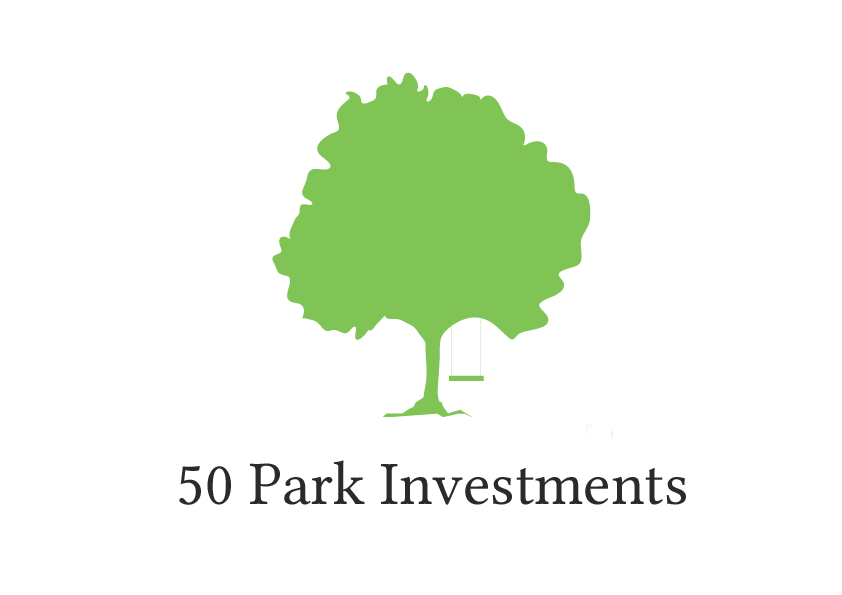 Published: Oct 24, 2014 3:25 p.m. ET
Published: Oct 24, 2014 3:25 p.m. ET
Fears that the peak travel and shopping season will be affected by Ebola are contained, for now
Wall Street doesn’t seem to be taking the potential collateral damage from the Ebola outbreak very seriously, even though it has hit very close to home.
Maybe after a weekend of hearing and reading about Ebola patient Dr. Craig Spencer at New York City’s Bellevue Hospital, which is within 5 miles from the New York Stock Exchange, investors will start feeling a chill. Especially, with the peak holiday travel and shopping season looming.
As reported in Friday’s “Need to Know” column, Song Seng Wun, head of research at CIMB in Singapore, said: “Anxiety is not good for economic activity, especially coming up to the festive holiday [season].”
It wasn’t that long ago, that concerns over a slowing global economy and other macro factors, highlighted by the Ebola outbreak, helped trigger the biggest pullback in years. Through Oct. 17, the S&P 500 suffered its first four-week losing streak since August 2011.
But just like someone waking up from a nightmare, all those fears seem to have faded in an instant.. The S&P 500 SPX, +0.67% was up 0.5% in afternoon trade Friday, and was on track to post its biggest weekly gain since the week ending Jan. 4, 2013.
Adam Sarhan, founder and chief executive of Sarhan Capital, said the big worry is that the medical experts aren’t certain exactly what Ebola is, how it spreads and how to contain it. “If the so-called experts don’t have a complete grasp, how can any outsider have an idea,” Sarhan told MarketWatch in a phone interview. “Therein lies the problem for Wall Street.”
No wonder investors are so ho hum about Ebola, because many companies that could be hurt by the contagion of fear haven’t felt any effects…yet.
Executives at both United Continental UAL, -0.04% and American AirlinesAAL, +3.38% said on the air carriers’ post-earnings conference calls on Thursday that they have not seen “any meaningful impact” on bookings. Southwest Airlines’LUV, +1.68% chief financial officer said there has not been “any noticeable negative impact,” and a Delta Air Lines DAL, +4.09% executive said a week ago that, outside of Africa, he had “not seen any changes,” in booking trends because of Ebola.
The NYSE Arca Airline index XAL, +1.88% has soared 9.1% on the week, through afternoon trade on Friday, and was on track for the biggest weekly gain in nearly two years.
Meanwhile, Royal Caribbean Cruises’ RCL, +3.64% chief executive said Thursday the impact from Ebola so far “has been very small,” adding he was “not seeing anything” like what happened during the spread of severe acute respiratory syndrome, or SARS, about a decade ago. The stock was rallying 4.1% on Friday, and had climbed 12% on the week.
The shares of fellow cruise ship operator Carnival Corp. CCL, +1.77% ran up 10% on the week, even after Ebola fears hit very close to home last week.
And while Ebola’s potential impact on United Parcel Service UPS, +0.07% and FedEx Corp. FDX, +0.86% are debatable, since people worried about shopping in crowded malls may do more shopping online, one might expect at least some concern about the potential impact on the consumer psyche.
But UPS said in a conference call Friday it expected to hire up to 12% more seasonal workers than last year, as it anticipates an 11% jump in deliveries during the peak shopping season. What the package-delivery company didn’t say, however, was anything about Ebola.
Maybe after a 4% rally on the week, and a weekend to think about it, investors will start worrying again.
What’s so worrisome about Ebola, is that any speculation about the potential impact, or non-impact, is premature, “simply because it’s unknown,” Sarhan said. “You can’t know what’s going to happen, but you can still manage your risk.”
Adam Sarhan MarketWatch Quote: Ebola creeps within 5 miles of the stock market’s hub

25
Oct